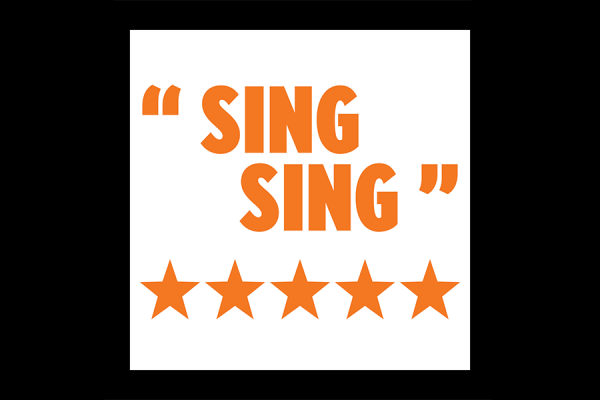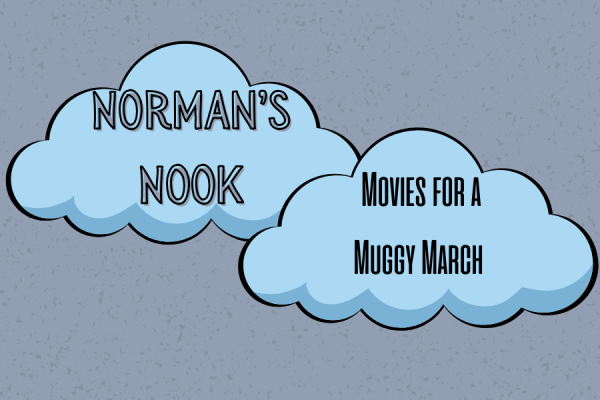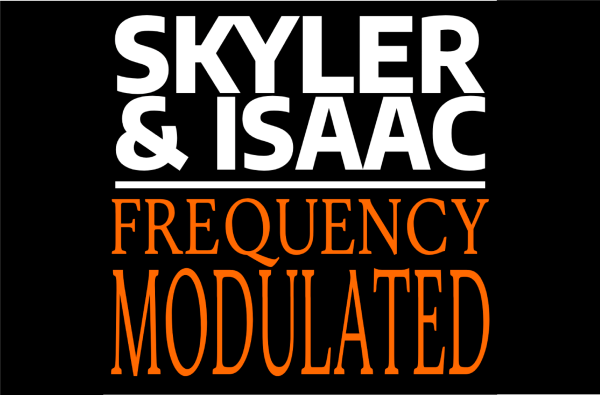Restaurant tips: server incentive or archaic system?
Several high-end restaurants in New York as well as Joe’s Crab Shacks across the United States are changing the way servers are paid. They are taking away the option to tip after the meal.
For example, Time magazine reports that restaurants in Danny Meyer’s Union Square Hospitality Group have begun rolling out a new policy called “Hospitality Included.” Credit card tips are forbidden and cash tips are strongly discouraged.
Since tipping servers is standard procedure in the United States, customers and servers could feel a dramatic change.
In Europe and many other areas across the world, tipping is not a custom and is sometimes even viewed as offensive because it challenges the self-worth of an individual working for a steady and supportive wage.
Senior Shannon Bond studied in England during the spring 2015 semester and dined in several countries during that time. She also has local experience as a server. She said that while studying abroad, she enjoyed not having to worry or feel pressure over tipping servers based on their service. She supports removing the U.S. tipping standard.
Some restaurant owners think eliminating tips and raising wages is risky, and they are concerned about decreasing profits and the lack of incentive to provide high-quality service.
On the other hand, giving servers a livable wage may be incentive enough. Additionally, the wage inequality between chefs who earn six figures at restaurants in New York and the servers who earn around $36,000 could decrease.
Senior Jenna Carducci has worked at a small restaurant in Canada and is in favor of keeping tips because she thinks they do provide incentive to work harder and provide better service. She said in an environment with no tipping standard, servers are more likely to be rude and typically perform at a lower level. Carducci also contends that the tips earned need to be split more evenly among the cooks and servers.
Tipping is often an imperfect payment system because certain demographics tip more than others. Also, customers make subjective judgments about the level of performance that a server provides.
With the elimination of server tips, the Danny Meyer restaurant group is raising menu prices in order to pay fair wages to all employees.
Chicago Tribune, “is because we’re unable to share tips with 100 percent of the team responsible for making the (dining) experience happen. I’ve always said hospitality is a team sport.”
Meyer said that all servers will do as well under the new system as they did under the old one, and 75 percent will do better.
Junior Jessica Hillebert has worked at Set ’em Up Jacks restaurant in Lawrence for most of her college career.
“I am definitely in favor of tipping,” she said. “There are some shifts I am able to walk out with $20 or $30 an hour. It’s also the main incentive for servers to be nice to their guests. If I wasn’t receiving the tip, I wouldn’t take as good of care at my tables.”
Hillebert loves working in the restaurant business and thinks an increased hourly wage would decrease the level of service at restaurants where tips are prohibited.
Despite Hillebert’s argument in favor of tips, many Americans like the idea of no-tip service. Joe’s Crab Shack recently became the first major U.S. restaurant chain to throw out tipping. CEO Raymond Blanchette said tipping is an antiquated system that creates a hyper-competitive environment and is unfair.
Only time will tell how many more restaurants adeopt the “no tipping” trend, and then only more time will reveal the effects on wages and quality of service.








